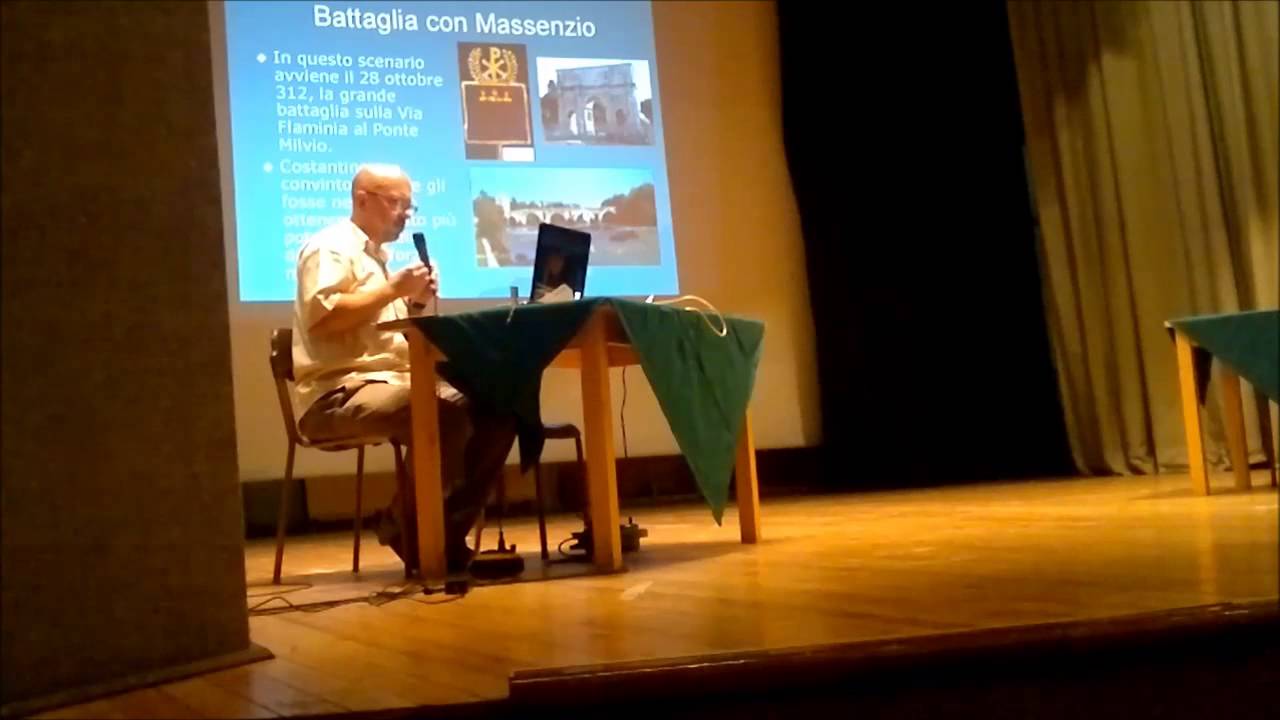


Dario Antiseri, a scholar of Science and Philosophy
5 Gennaio 2025Hannah Arendt was one of the most important political philosophers of the 20th century.
Born in Germany in 1906 and forced into exile due to Nazi persecution, she developed an original and controversial thought that had a profound impact on contemporary political and philosophical debate.
Central Themes of Her Thought:
Plurality: Arendt placed human plurality at the center of her reflection, emphasizing the multiplicity of voices, perspectives, and individual experiences.Active Life: She distinguished three fundamental modes of human existence: labor, work, and action. For Arendt, action is the highest form of human life, characterized by plurality, freedom, and the capacity for initiative.Public Space: Arendt devoted significant attention to public space, understood as a place for confrontation and dialogue among individuals. The loss of public space, according to the philosopher, is one of the fundamental characteristics of totalitarian regimes.The Banality of Evil: Her analysis of the trial of Eichmann, one of the main organizers of the extermination of Jews, led her to formulate the concept of “the banality of evil.” According to Arendt, Eichmann was not a monster but a bureaucrat who executed orders without questioning the morality of his actions. This concept sparked much controversy but contributed to reflections on the nature of evil and individual responsibility.The Condition of Modern Man: Arendt analyzed the conditions of modern man, characterized by alienation, loss of meaning, and a crisis in politics.
Major Works:
- The Origins of Totalitarianism: A foundational work in which Arendt analyzes the characteristics of totalitarian regimes such as Nazism and Stalinism.
- The Human Condition: A work in which Arendt reflects on the condition of modern man, characterized by loss of meaning and a political crisis.
- The Active Life: A work where Arendt develops her theory on the three modes of human existence: labor, work, and action.
The Legacy of Hannah Arendt:
Hannah Arendt’s thought continues to be a subject of study and debate. Her reflections on plurality, politics, human condition, and totalitarianism remain highly relevant today.
Key Concepts in Hannah Arendt’s Thought
The Active Life: More than Just Acting
The concept of “active life” is one of the pillars of Hannah Arendt’s thought. She distinguishes three fundamental modes of human existence:
- Labor: The vital activity necessary for survival, linked to biological needs.
- Work: The productive activity that transforms the natural world and creates durable objects.
- Action: The uniquely human activity that takes place in public space and manifests itself through dialogue, confrontation, and plurality of opinions.
For Arendt, action is the highest mode of human existence that makes us unique and distinguishes us from animals. In action, individuals reveal themselves to others and constitute themselves as political subjects.
Characteristics of Action:
- Plurality: Action always occurs in relation to others in a public space where opinions confront each other.
- Novelty: Action always introduces something new into the world that did not exist before.
- Freedom: Action is only possible under conditions of freedom when individuals can choose and act autonomously.
Political Implications of Arendt’s Thought
Arendt’s thought has profound political implications. She emphasizes the importance of:
- Plurality: The ideal society for Arendt is a pluralistic society where diverse opinions can coexist and confront each other.
- Democracy: Democracy is the form of government that best protects plurality and individual freedom.
- Public Space: Defending public space is essential for ensuring political life and individual freedom.
Arendt has a critical view of totalitarian regimes, which she sees as systems that eliminate plurality and public space, reducing individuals to mere executors of orders.
Comparisons with Other Thinkers
- Karl Popper: Both Arendt and Popper are critics of totalitarianism and emphasize the importance of liberal democracy. However, while Popper highlights the role of reason and science in an open society, Arendt focuses on plurality and active life.
- Jacques Derrida: Both philosophers addressed themes related to language and communication. However, while Derrida explored the deconstructive dimension of language, Arendt emphasized language’s role in constructing social and political reality.
In conclusion, Hannah Arendt’s thought provides a fundamental contribution to reflections on human condition, politics, and democracy. Her analysis of active life and public space remains relevant for understanding today’s challenges.
Totalitarianism, Banality of Evil, and Critique of Modernity in Hannah Arendt
Hannah Arendt dedicated a significant part of her work to investigating the origins and characteristics of totalitarian regimes, particularly focusing on Nazism and Stalinism. Her analysis primarily contained in “The Origins of Totalitarianism,” led to fundamental concepts such as “the banality of evil” and offered a radical critique of modernity.
Totalitarianism: A New Phenomenon
For Arendt, totalitarianism represents a radically new form of government that distinguishes itself from past dictatorial regimes. Totalitarianism does not merely suppress individual freedoms; it aims to destroy civil society entirely, shape individuals’ identities, and create a new type of human being.
Characteristics of Totalitarianism:
- Totalitarian Ideology: An omnipresent ideology that penetrates every aspect of social life justifying every act of violence.
- Terror: The systematic use of terror to maintain control over the population and eliminate opponents.
- Mass Mobilization: The creation of masses composed of atomized individuals devoid of identity who are ready to obey orders blindly.
- Denial of Plurality: The suppression of all forms of pluralism leading to ideological homogeneity.
The Banality of Evil
One of Arendt’s most controversial theses is that concerning “the banality of evil.” Analyzing Adolf Eichmann’s trial—one of the main organizers behind the Holocaust—Arendt argues that evil is not always born from deep moral perversion but can result from a simple inability to think critically or judge actions morally.According to Arendt, Eichmann was not a monster but rather a bureaucrat who followed orders without questioning their morality. His banality lies in his incapacity to comprehend the implications behind his actions or take responsibility for his choices.
Critique Of Modernity
Arendt identifies transformations within modernity as conditions that made possible the rise of totalitarian regimes. In particular:
- Excessive Individualism: The loss sense belonging to a community leading to atomization among individuals.
- Massification: The tendency to reduce individuals into mere units within an anonymous mass.
- Loss Of Public Space: The gradual erosion public space—the arena for debate—favoring an increasingly restricted private sphere.
Implications Of Arendt’s Thought
Arendt’s thought has had a profound impact on contemporary political philosophy debates. Her analyses regarding totalitarianism and banality invite us to reflect on democracy’s fragility while highlighting the importance preserving plurality alongside public space.
Appunti e approfondimenti su Hannah Arendt su questo sito atuttascuola©
-
Hannah Arendt di atuttascuola©
-
Kant e Hannah Arendt di atuttascuola©
-
PowerPoint sulla filosofia di H. Arendt della prof.ssa Irma Lanucara
-
Hannah Arendt recensione sul film biografico
-
Ideologia, illuminismo, totalitarismo di Roberto Persico
Appunti e approfondimenti su altri siti
-
Hannah Arendt di Diego Fusaro
Audio Lezioni, ascolta il podcast di Filosofia del prof. Gaudio
Ascolta “Filosofia” su Spreaker.
Listen a philosophy podcast in English about famous philosophers
Ascolta “Philosophy” su Spreaker.




4 Comments
[…] Hannah Arendt: political thought and analysis of modernity […]
[…] Hannah Arendt: political thought and analysis of modernity […]
[…] Hannah Arendt: political thought and analysis of modernity […]
[…] Hannah Arendt: political thought and analysis of modernity […]